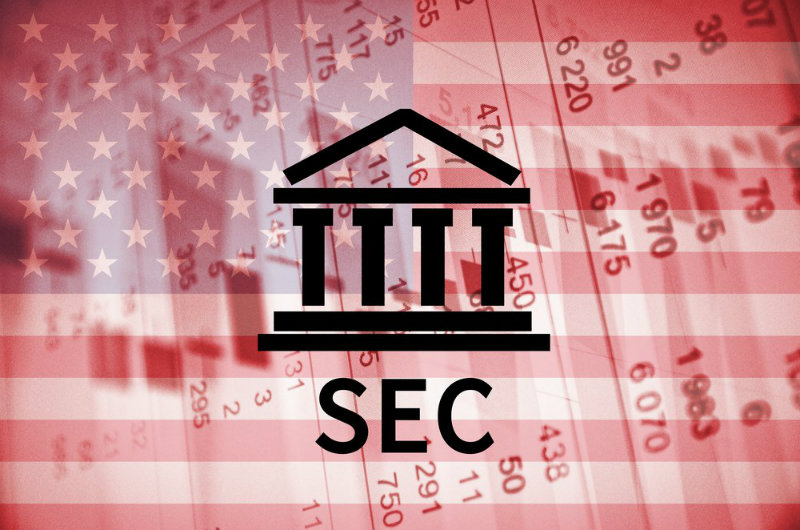SEC’s New Database Draws Criticism from Blockchain Advocates
27.08.2024 20:30 1 min. read Alexander Stefanov
Critics argue that the SEC’s new Consolidated Audit Trail (CAT) database is unduly affecting blockchain users.
Established under SEC Rule 613, the CAT was created to enhance regulatory oversight of securities markets, aggregating extensive trading data from U.S. exchanges, FINRA members, broker-dealers, and others.
This database has become one of the largest of its kind, designed to capture nearly all trading activity in the U.S.
The National Center for Public Policy Research, a conservative think tank, has already sued the SEC, claiming the CAT is unconstitutional. Their lawsuit describes the database as an unprecedented and intrusive collection of personal financial data by the government.
The Blockchain Association (BA) and the DeFi Education Fund (DEF) have also voiced concerns. They argue that although Rule 613 does not explicitly address cryptocurrencies, the SEC’s interpretation could extend reporting requirements to crypto firms.
The BA and DEF contend that this could lead to blockchains being transformed into extensive, searchable records of personal financial data, accessible without a warrant.
In addition to these concerns, Citadel Securities and the American Securities Association are also challenging Rule 613 in court.
-
1
Ripple Faces Legal Setback as Court Rejects Bid to Ease Penalties
26.06.2025 16:54 1 min. read -
2
Coinbase Surges 43% in June, Tops S&P 500 After Regulatory Wins and Partnerships
29.06.2025 21:00 2 min. read -
3
Ripple Has Applied for a National Banking License
03.07.2025 7:00 2 min. read -
4
What Will Happen With the Stock Market if Trump Reshapes the Fed?
29.06.2025 13:00 2 min. read -
5
Barclays Blocks Crypto Credit Card Payments in Latest Blow to Retail Investors
26.06.2025 8:00 2 min. read
Charles Schwab to Launch Bitcoin and Ethereum Trading Soon, CEO Confirms
Charles Schwab is preparing to roll out spot Bitcoin and Ethereum trading, according to CEO Rick Wurster during the firm’s latest earnings call.
BlackRock Moves to Add Staking to iShares Ethereum ETF Following SEC Greenlight
BlackRock is seeking to enhance its iShares Ethereum Trust (ticker: ETHA) by incorporating staking features, according to a new filing with the U.S. Securities and Exchange Commission (SEC) submitted Thursday.
IMF Disputes El Salvador’s Bitcoin Purchases, Cites Asset Consolidation
A new report from the International Monetary Fund (IMF) suggests that El Salvador’s recent Bitcoin accumulation may not stem from ongoing purchases, but rather from a reshuffling of assets across government-controlled wallets.
Sberbank Moves to Dominate Russia’s Crypto Custody Sector
Sberbank, Russia’s largest state-owned bank, is preparing to launch custody services for digital assets, marking a significant expansion into the country’s evolving crypto landscape.
-
1
Ripple Faces Legal Setback as Court Rejects Bid to Ease Penalties
26.06.2025 16:54 1 min. read -
2
Coinbase Surges 43% in June, Tops S&P 500 After Regulatory Wins and Partnerships
29.06.2025 21:00 2 min. read -
3
Ripple Has Applied for a National Banking License
03.07.2025 7:00 2 min. read -
4
What Will Happen With the Stock Market if Trump Reshapes the Fed?
29.06.2025 13:00 2 min. read -
5
Barclays Blocks Crypto Credit Card Payments in Latest Blow to Retail Investors
26.06.2025 8:00 2 min. read


